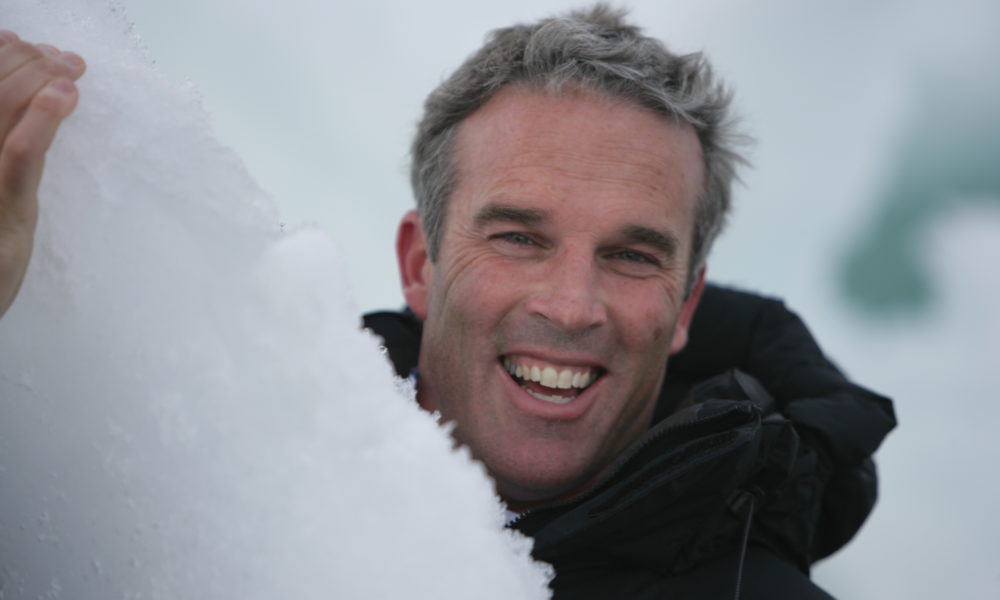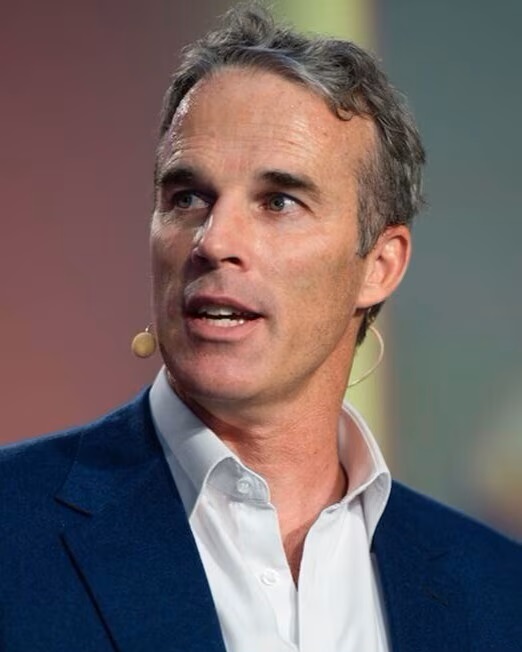
Rewriting the Jaws Script: Lewis Pugh Swims to Redeem Sharks
The Lewis Pugh Foundation is making waves – literally. Having helped secure protection for over 3.5 million km² of ocean, the Foundation and its founder are a driving force behind some of the planet’s most ambitious marine conservation efforts. But their vision doesn’t stop at the shoreline. Understanding that healthy oceans begin with healthy rivers, they also champion the protection of freshwater ecosystems and their surrounding catchments. And right now, their spotlight is on one of the ocean’s most misunderstood and endangered creatures: sharks.
So who is Lewis Pugh?
Lewis Pugh is a British-South African endurance swimmer and ocean advocate renowned for his pioneering swims in some of the world’s most extreme environments. He’s been called the “Sir Edmund Hillary of swimming” by the media to describe his extraordinary feats in extreme cold-water swimming. Pugh is the first person to complete a long-distance swim in every ocean, including the North Pole and Mount Everest’s glacial lake. These feats have spotlighted the urgent need to protect vulnerable marine ecosystems.
In 2013, Pugh was appointed the United Nations Patron of the Oceans, a role through which he has tirelessly campaigned for ocean conservation. His efforts were instrumental in establishing the Ross Sea Region marine protected area in Antarctica – the largest of its kind – by engaging in what the media dubbed “Speedo diplomacy,” combining direct action with high-level negotiations.
Right now, Pugh is at it again. While marking the 50th anniversary of the movie Jaws, he’s swimming to set the record straight about sharks. In what he calls “The Shark Swim,” Pugh is covering about 60-miles (96.5 km) in 12 days (May 15-26) around Martha’s Vineyard (Massachusetts), the prime location of the film. In May, the average water temperature in Martha’s Vineyard is 11.3°C (52.3°F).
His aim is “to do away with the negative portrayal of this apex marine animal and remind people that sharks are not monsters, but rather the heroes of our oceans.” Humans are not natural food for sharks. Despite popular myths, they do not hunt humans as prey. Importantly, they are vital to ocean health, keeping ecosystems balanced by regulating other species. They’re also incredible animals – ancient, diverse, and equipped with extraordinary senses that make them remarkably well-adapted to their environment.
Beyond his swims, Pugh has been a vocal advocate against threats like plastic pollution, overfishing, and climate change. He and his Foundation’s global programs inspire action toward safeguarding our oceans for future generations.


